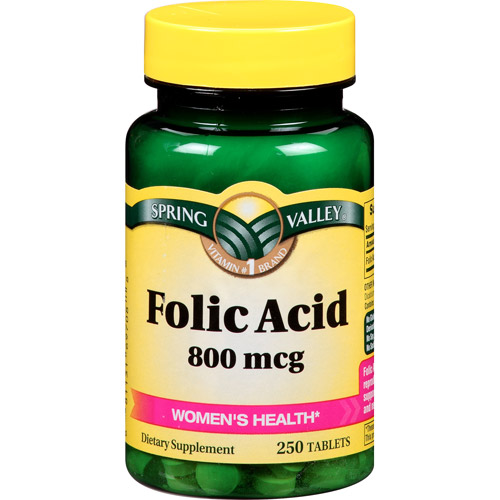Last year, we reported on a proposed rule coming out of the FDA that would ban the word “folate” from Supplement Fact labels. Only “folic acid” could be listed on the labels.
We noted that the FDA’s maneuver would result in natural folate disappearing from the market entirely. If a product can only list “folic acid” as an ingredient, it would be fraudulent for it to contain anything else, even natural folate.
Folate is incredibly important to human health. Our bodies need it to synthesize and repair DNA, to produce healthy red blood cells and prevent anemia, and to support many other vital functions. Folate supplementation in pregnant women has been shown to protect against neural tube defects like anencephaly and spina bifida in children.
What we refer to as folate is the naturally occurring form of the water-soluble vitamin B9, while folic acid is the biologically inactive, synthetic form of folate. This distinction is crucial. Most people can convert folic acid to the folate that the body needs, but it is estimated that about a third of the human population cannot efficiently convert synthetic folic acid into folate. For these people, too much unmetabolized folic acid can build up in the blood, which could lead to an increased riskof prostate, lung, and colon cancer, or worsen already present cancerous lesions. This refers to very large amounts of folic acid, much larger than in current supplements, but more research is needed to account for individual differences.

